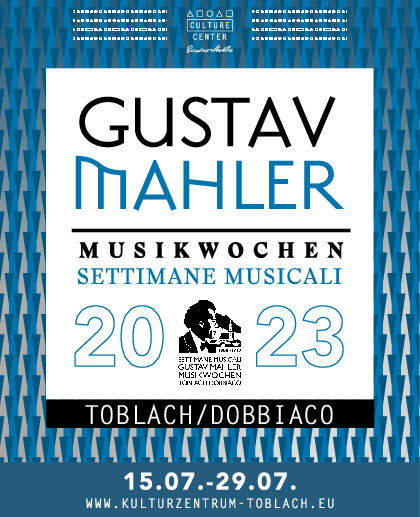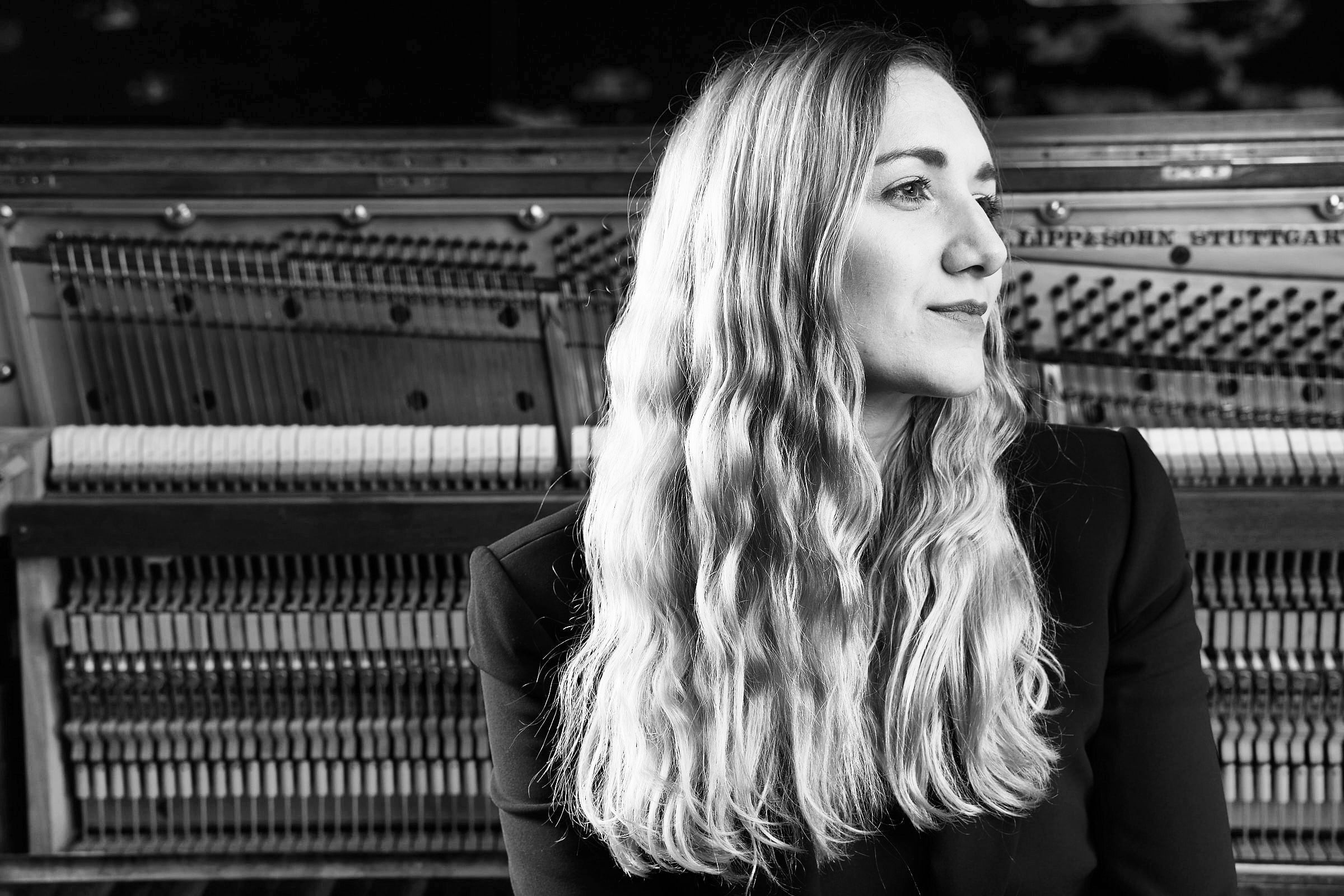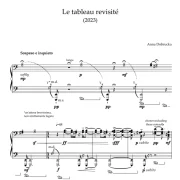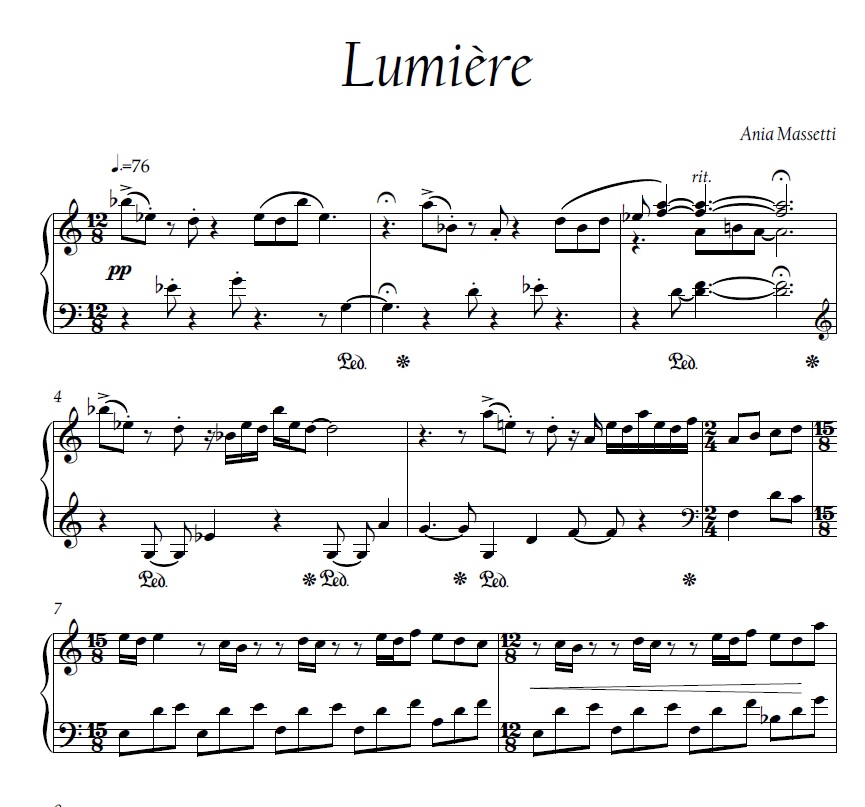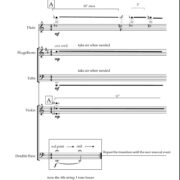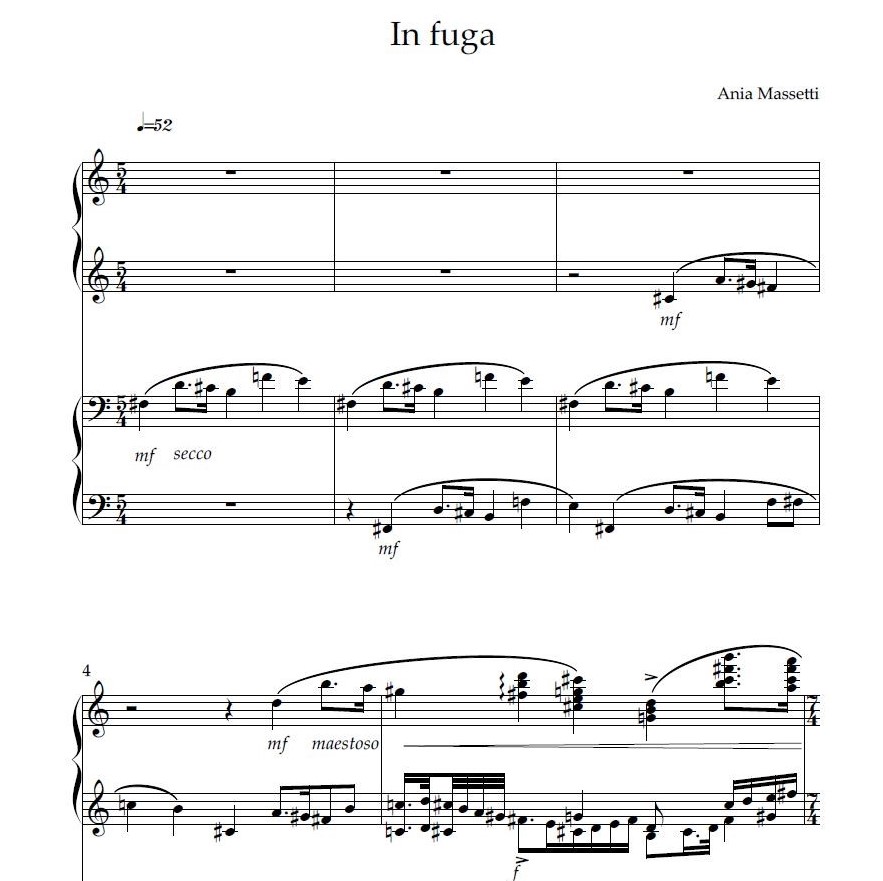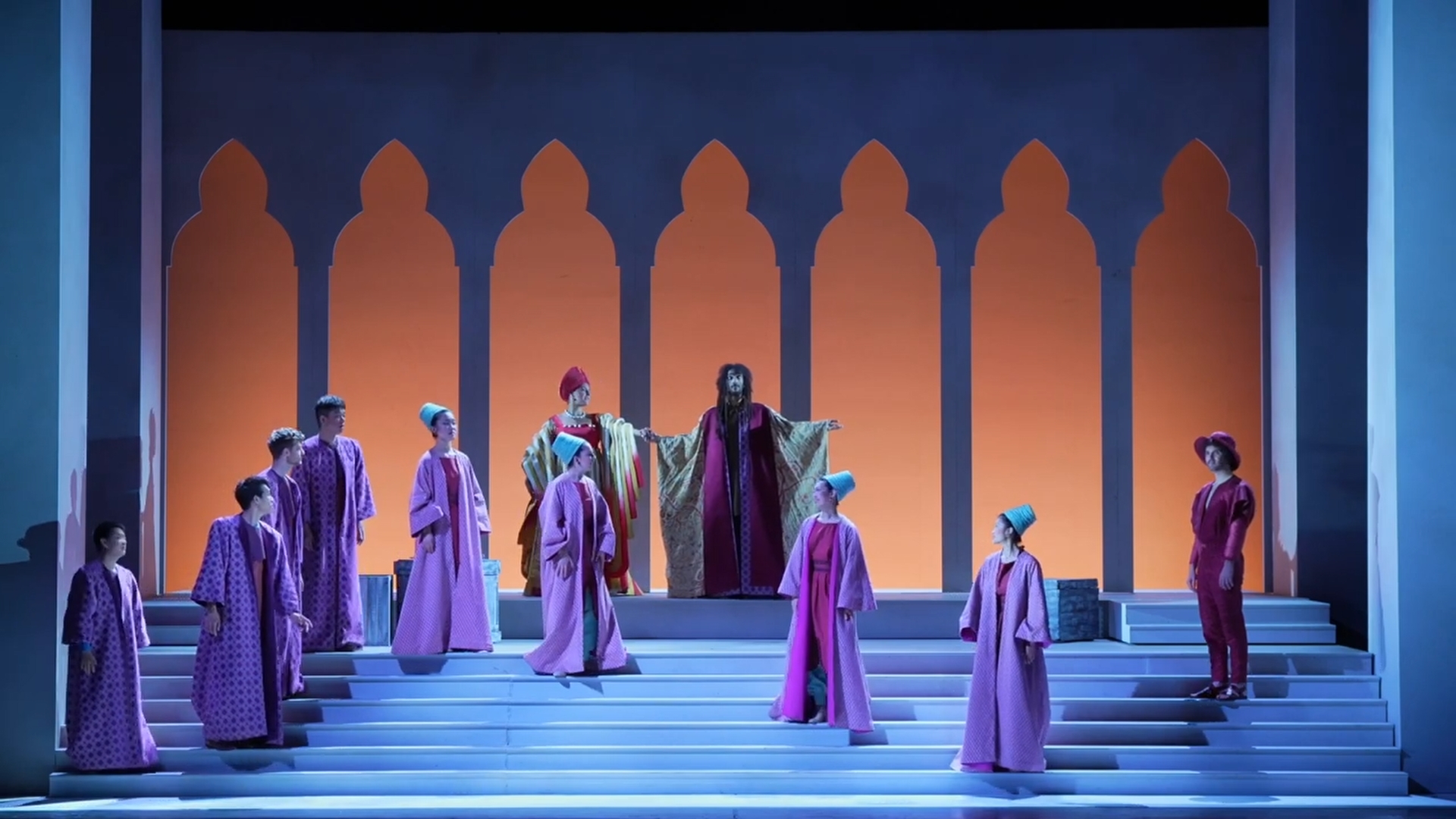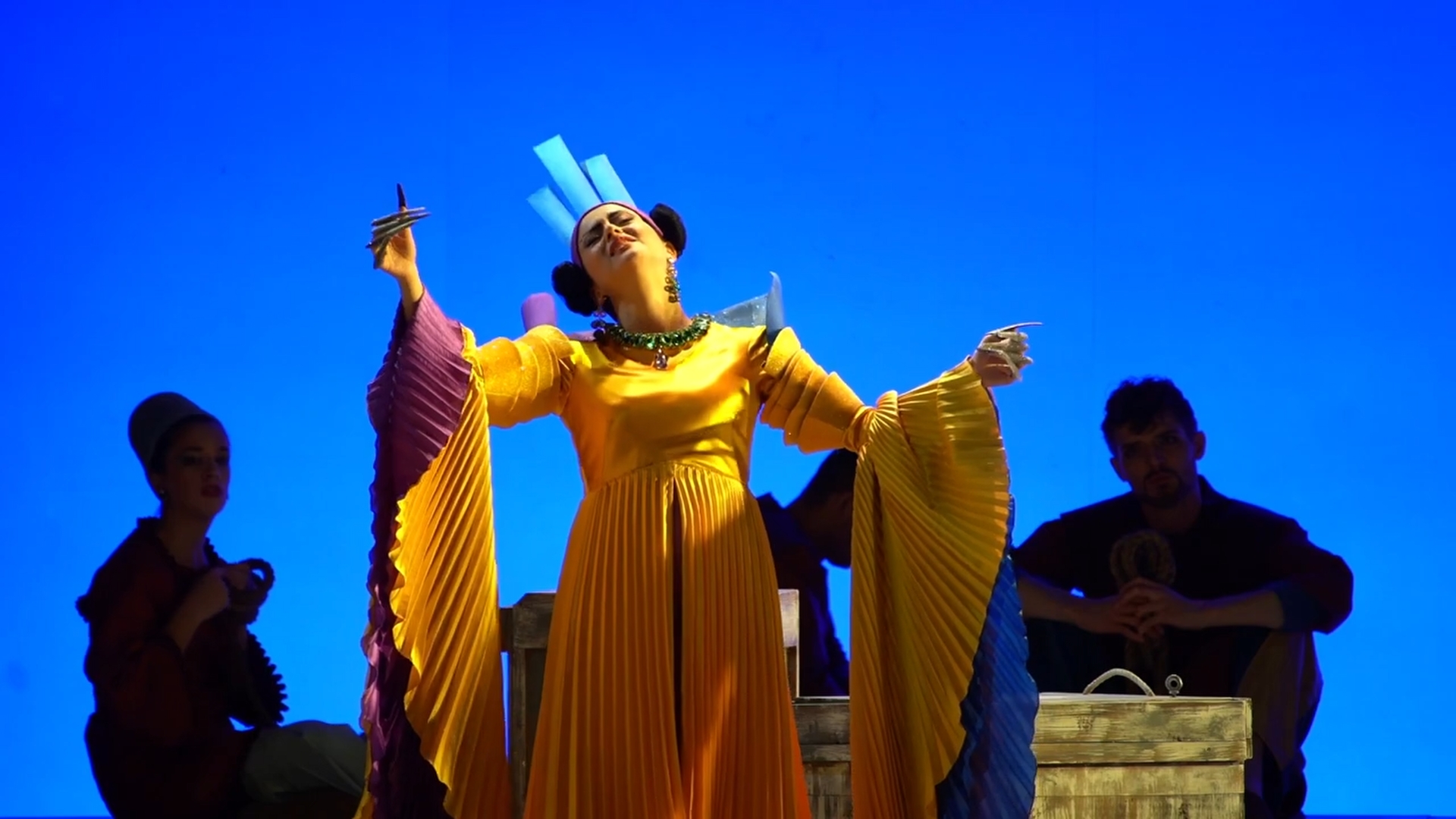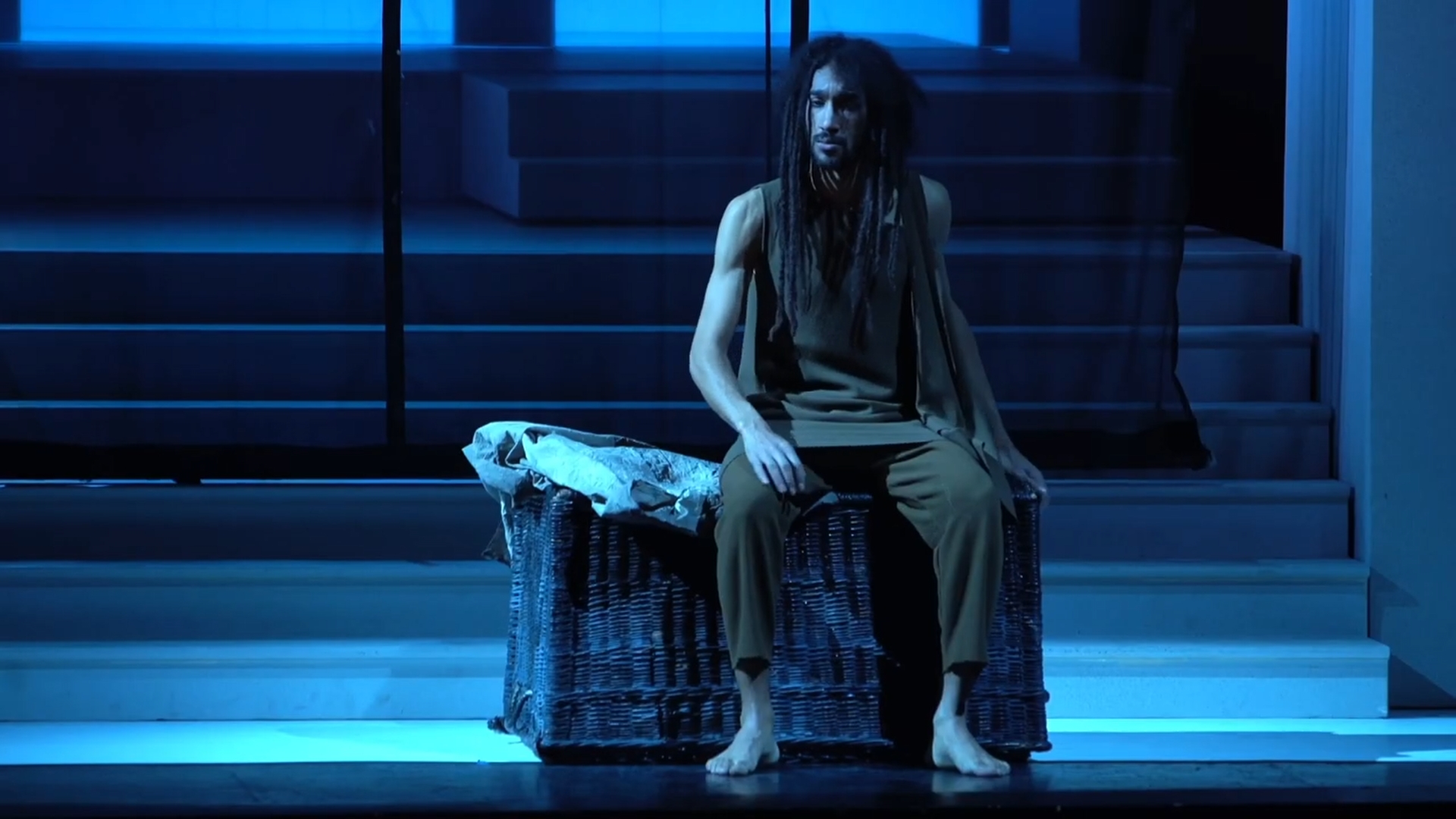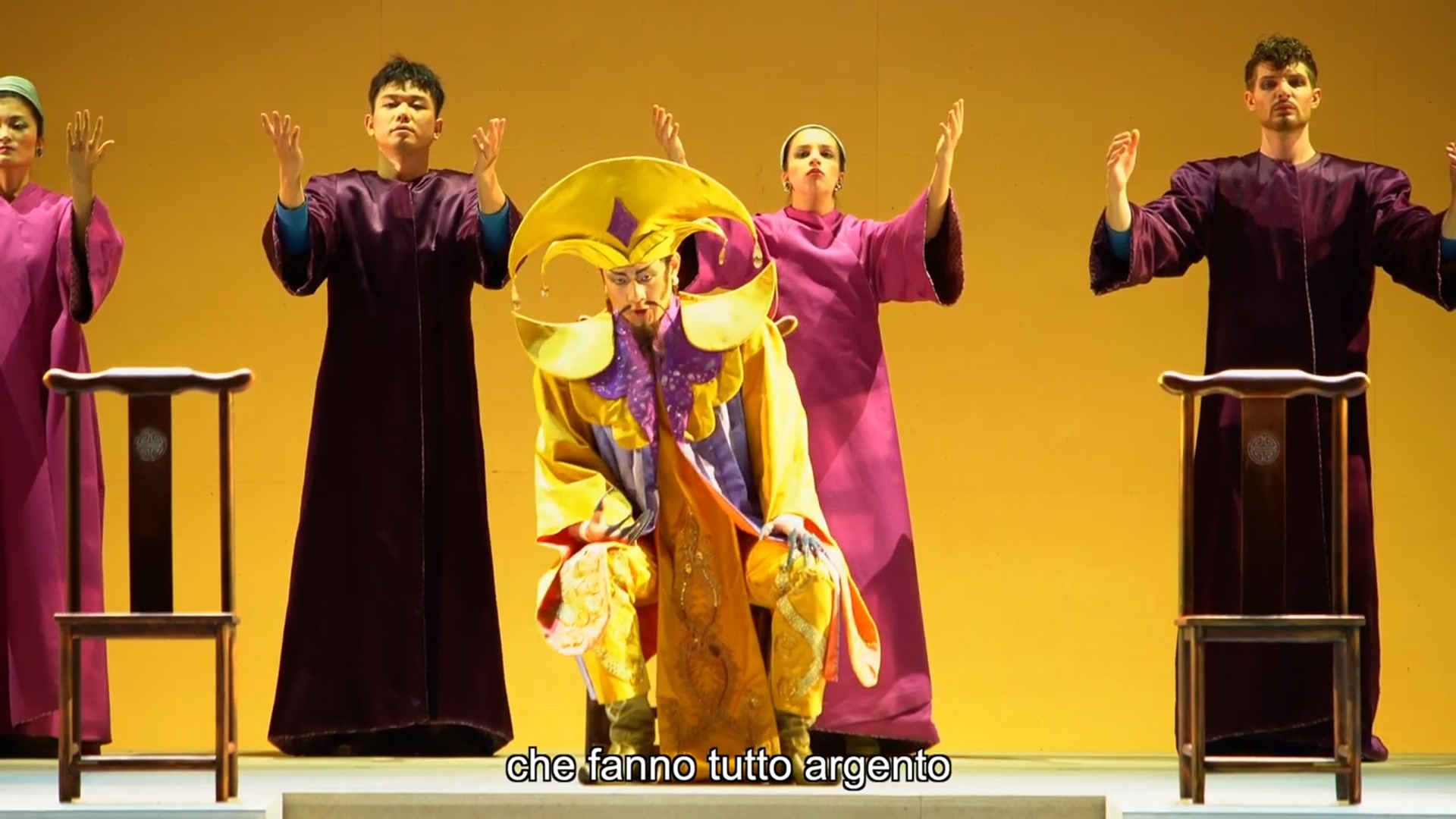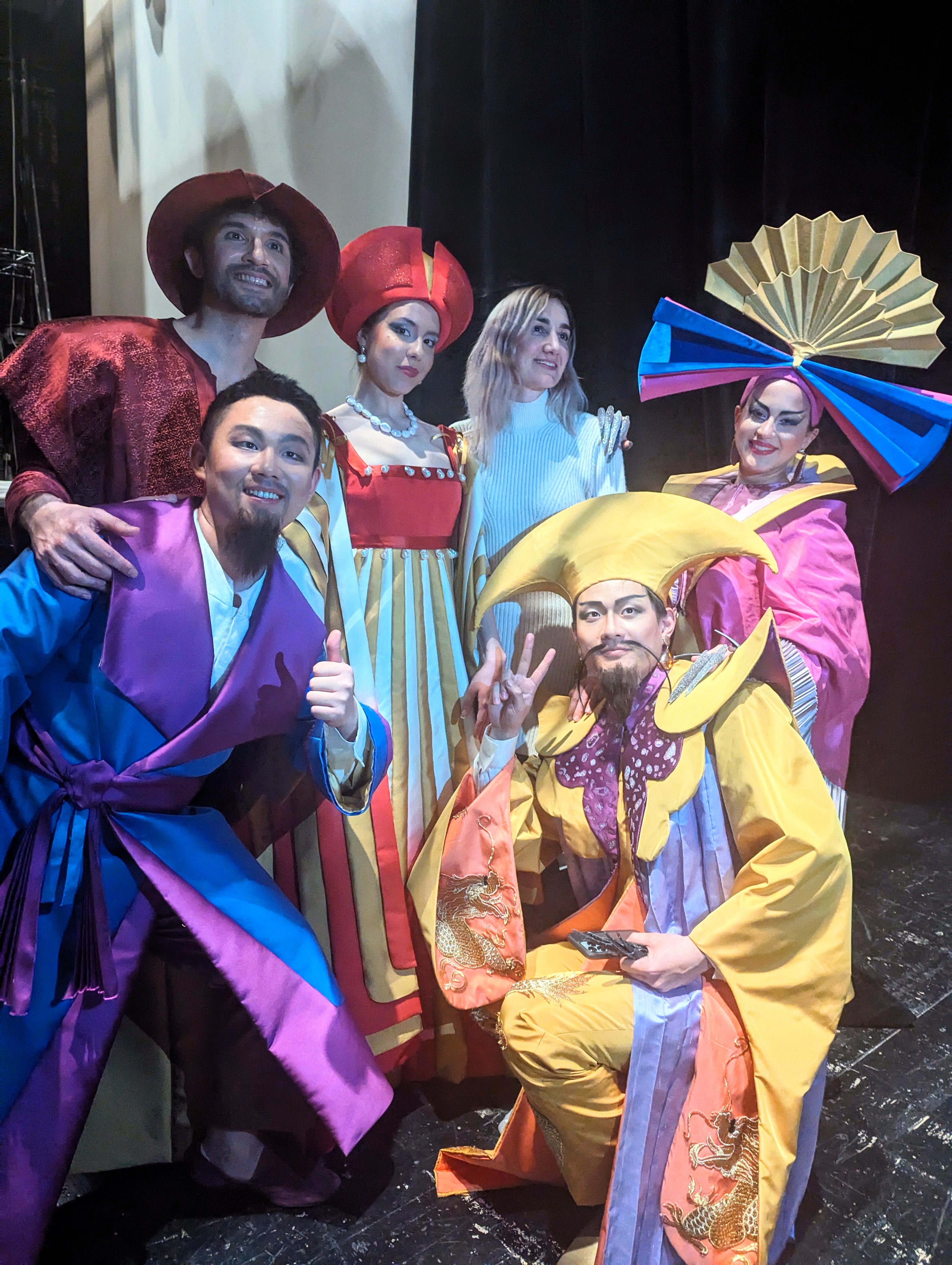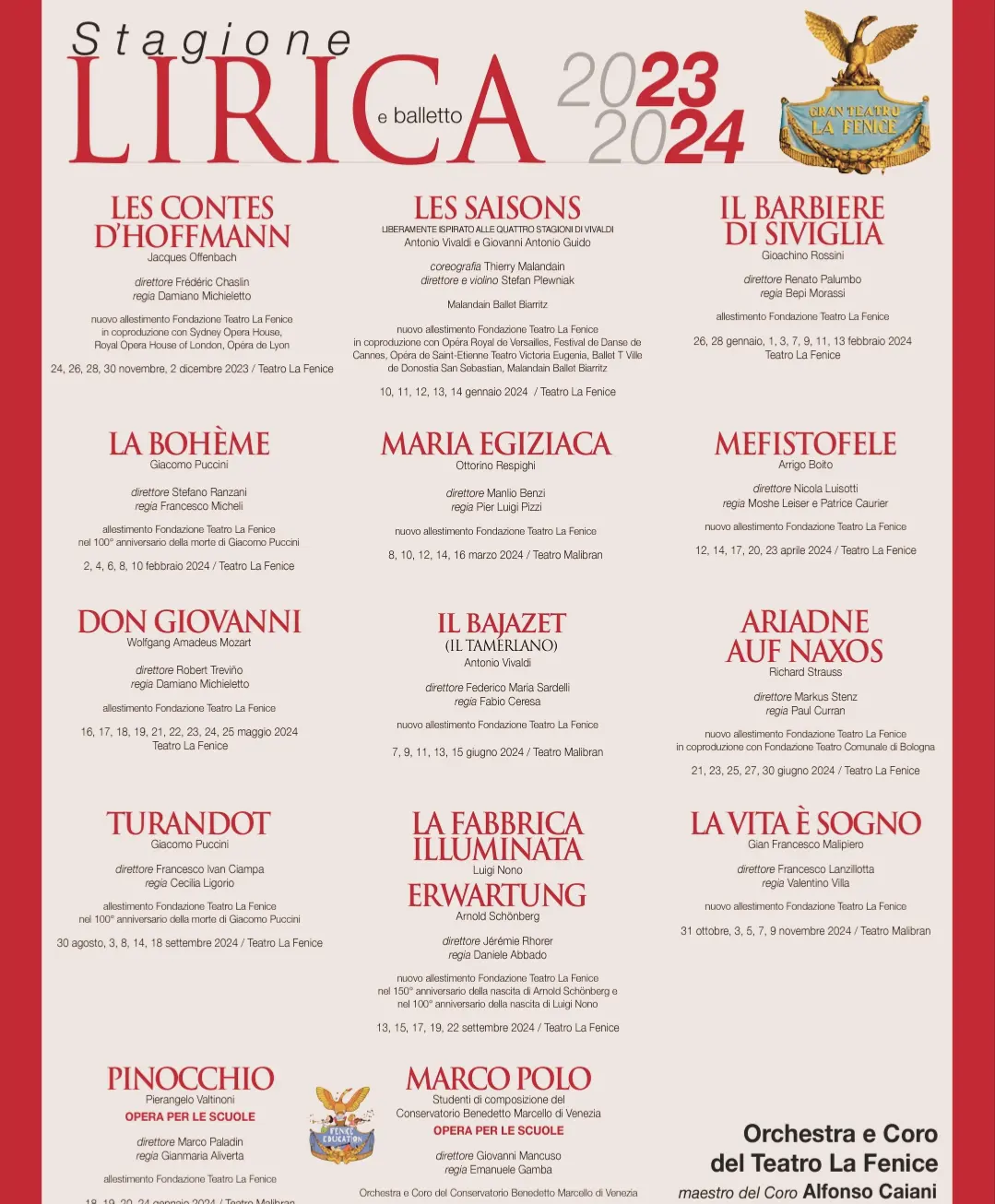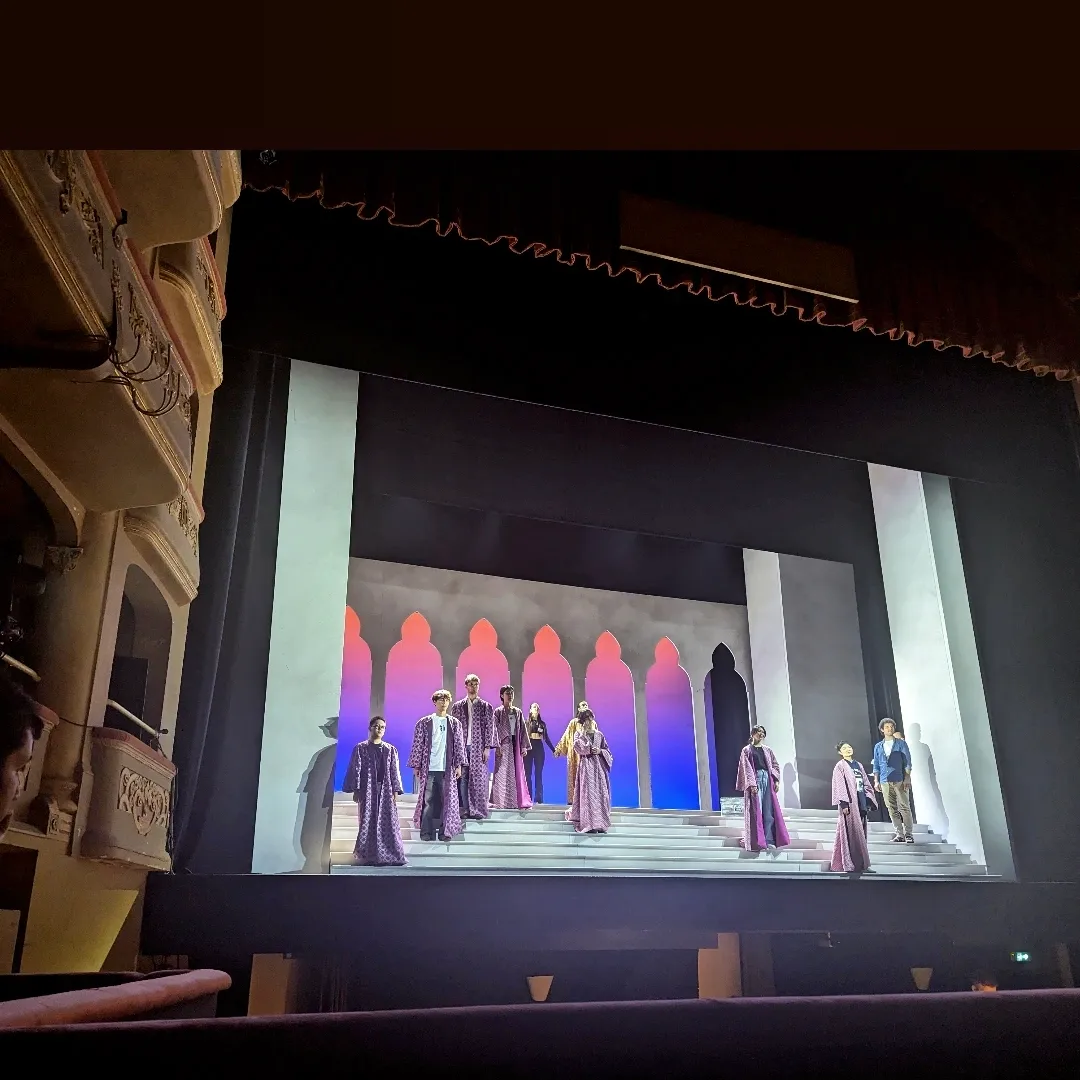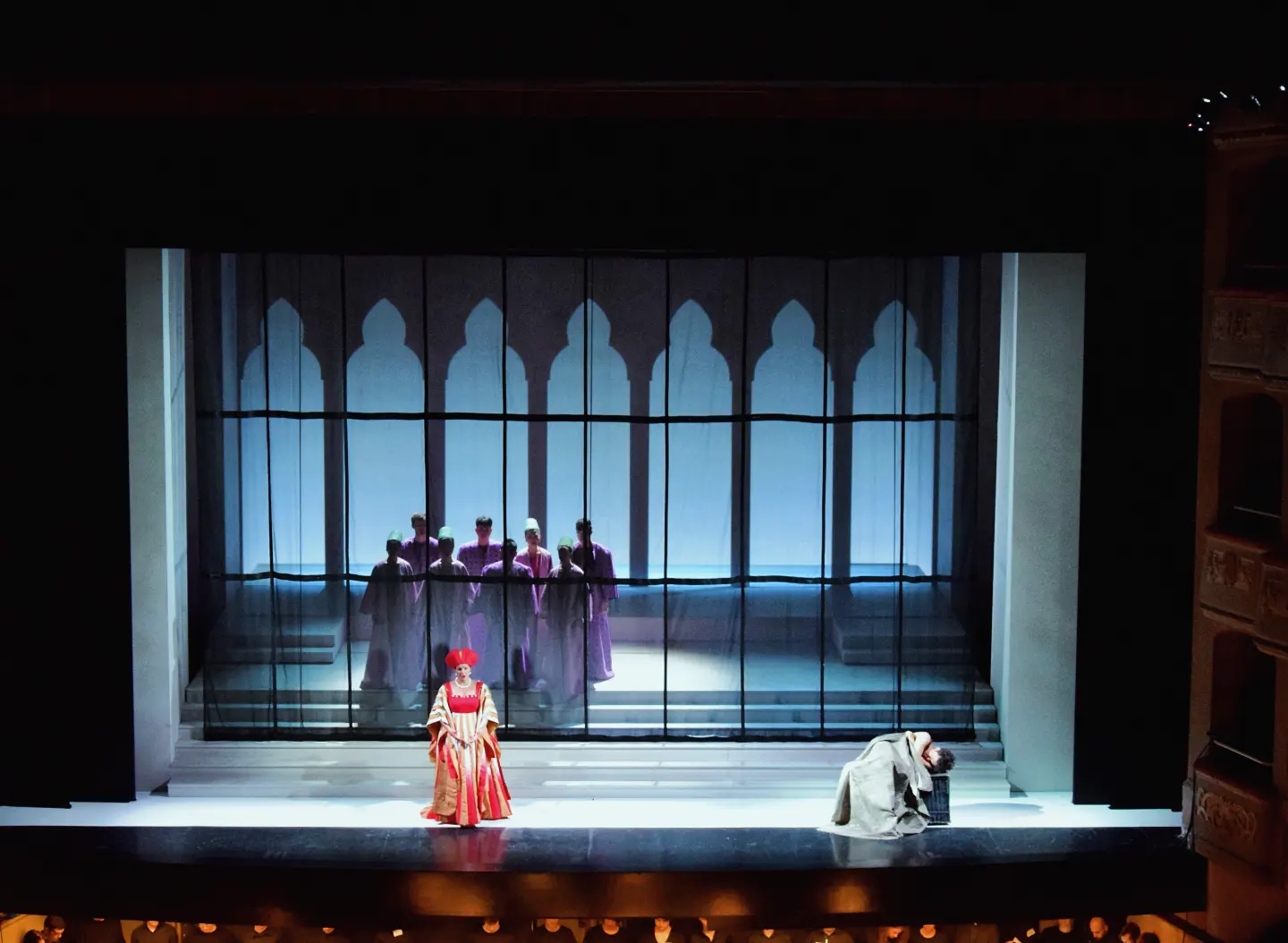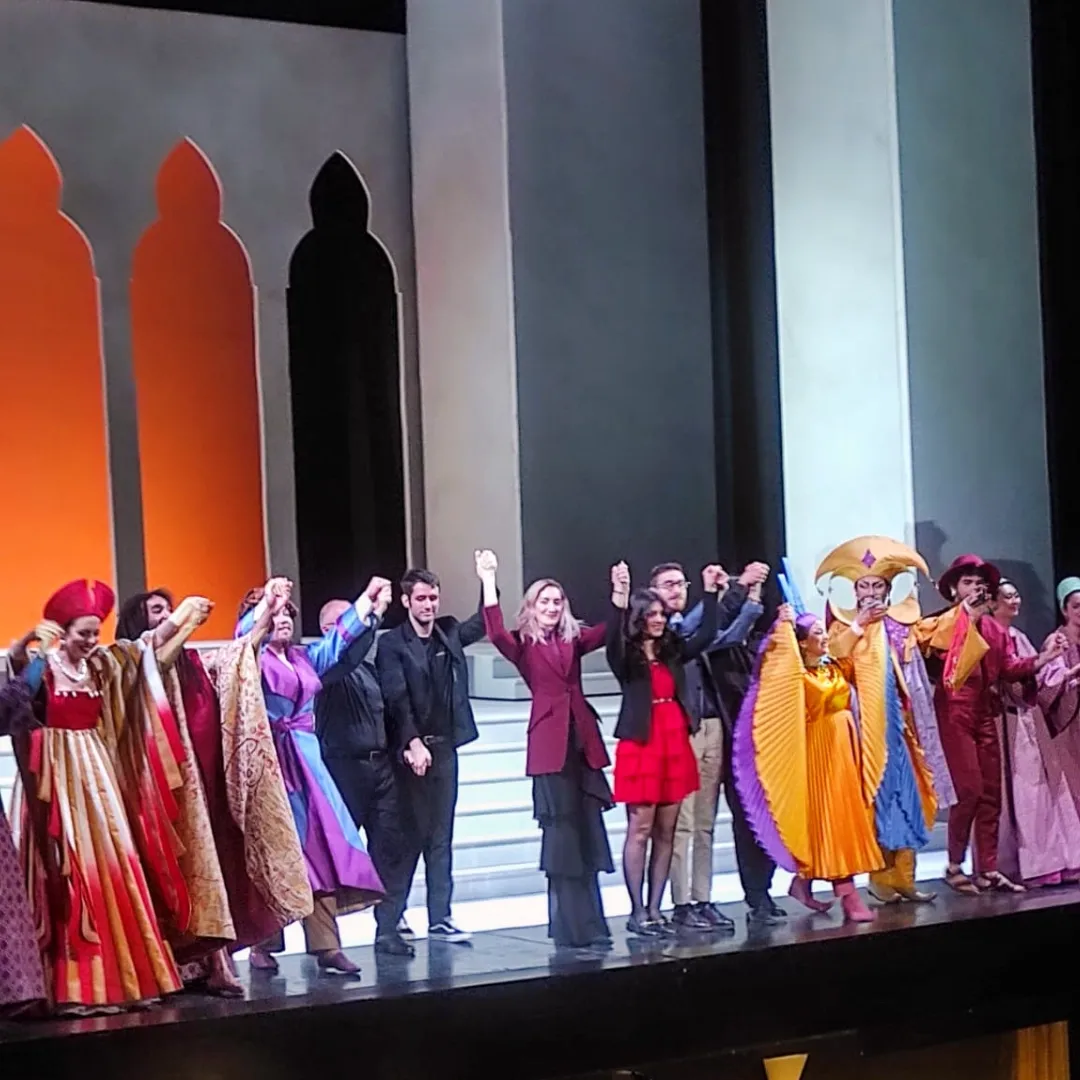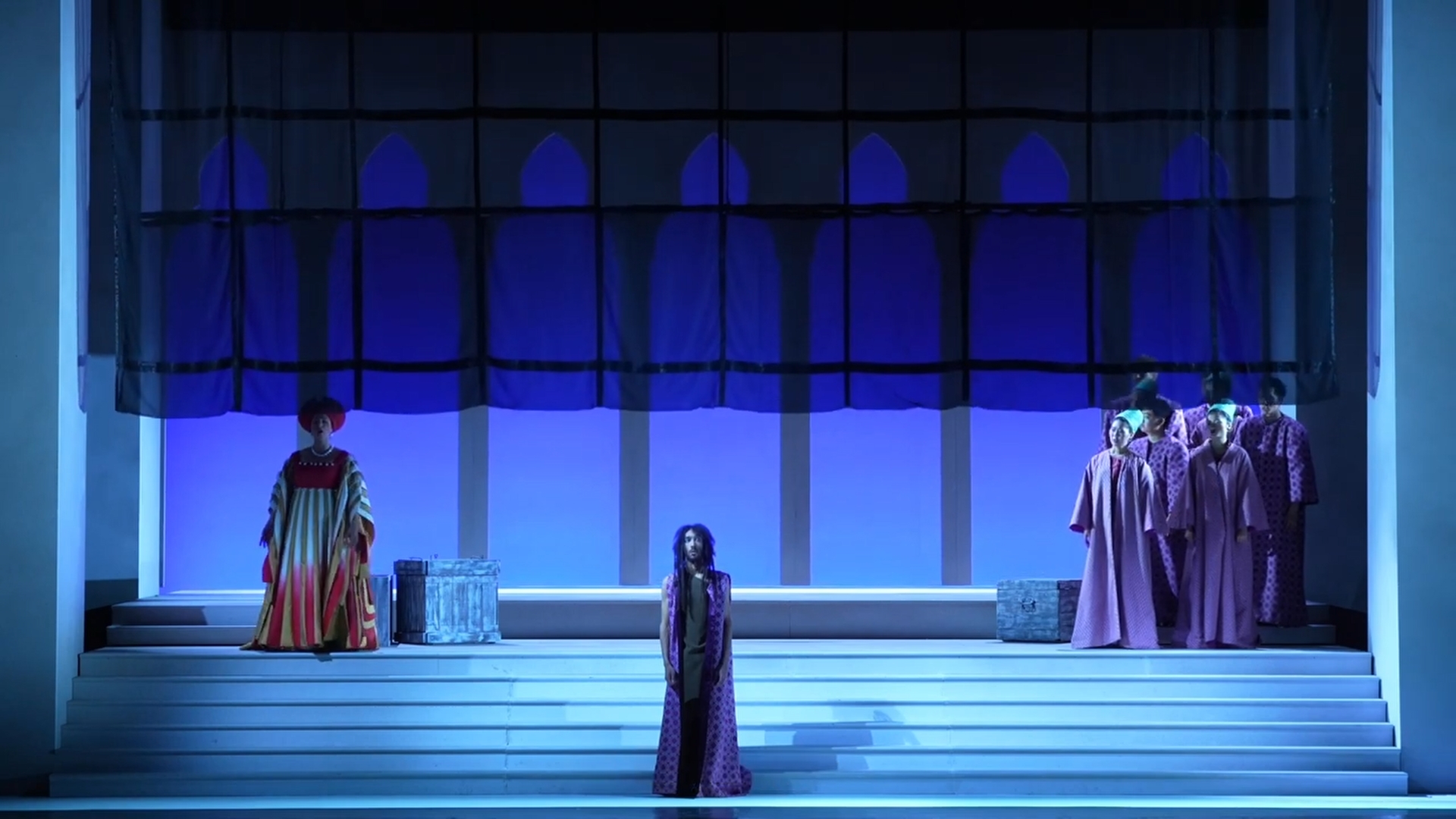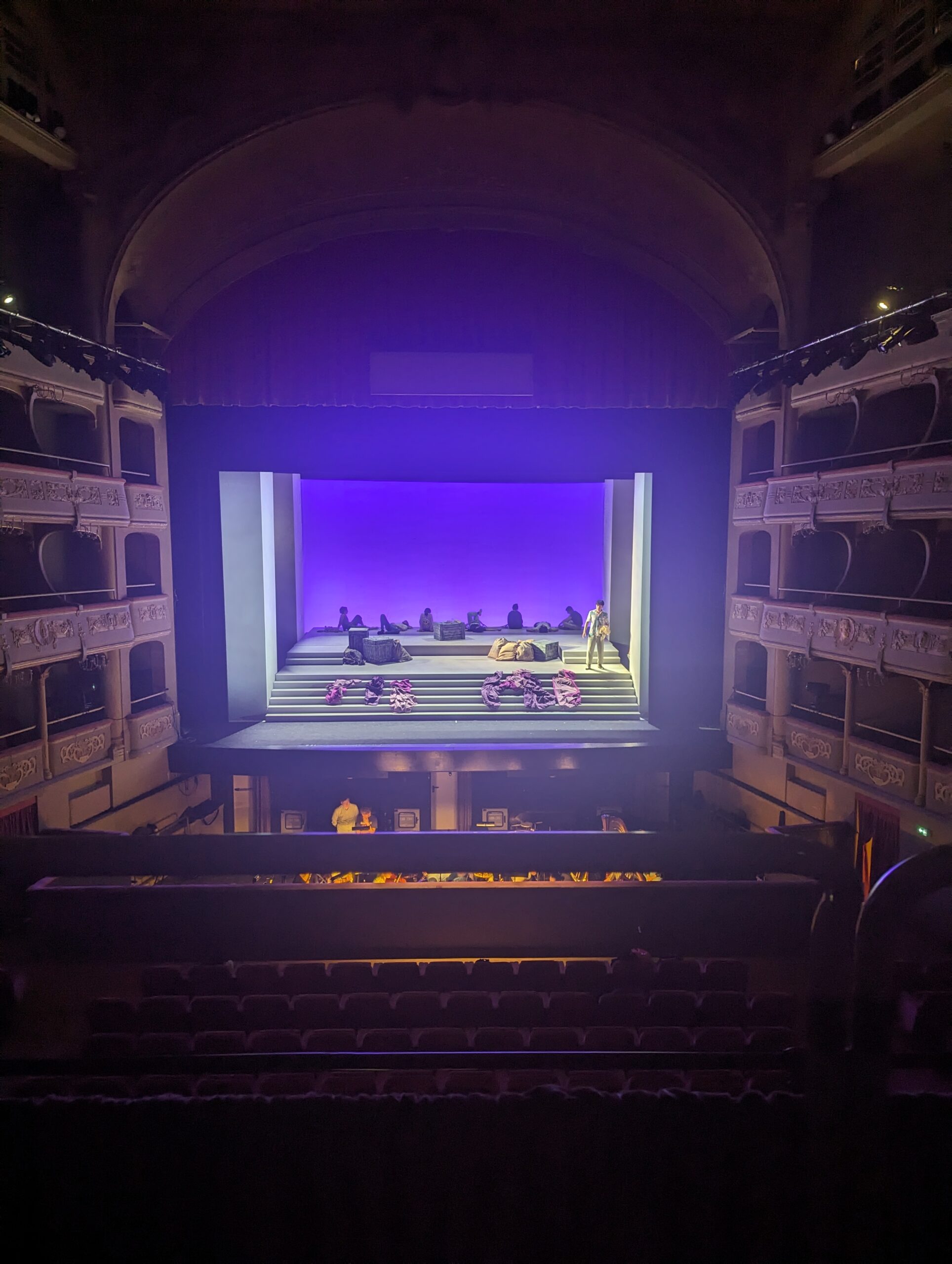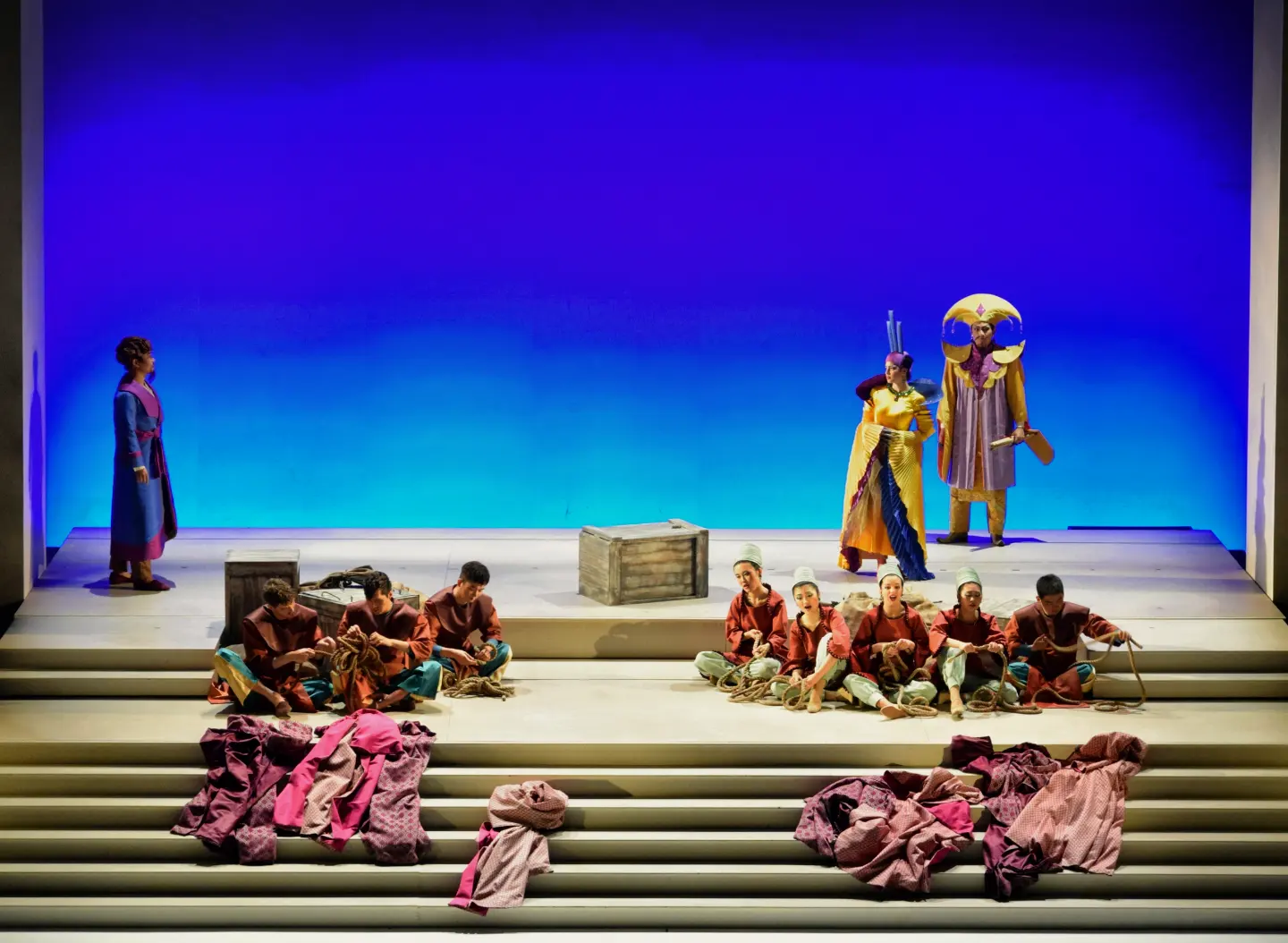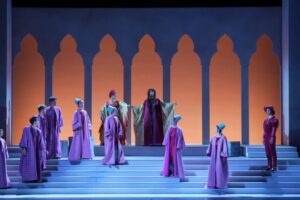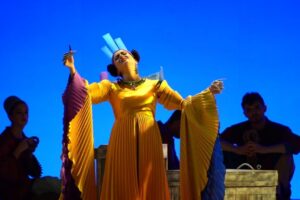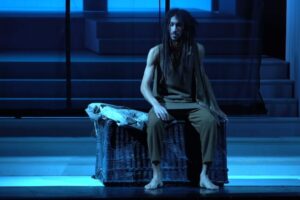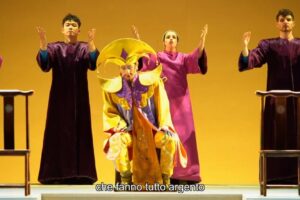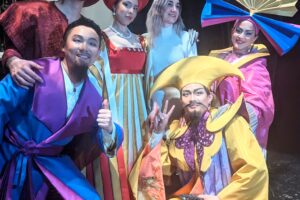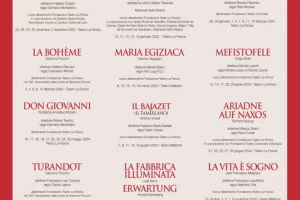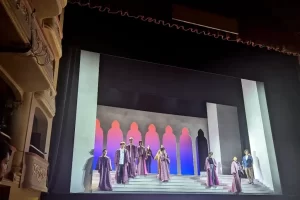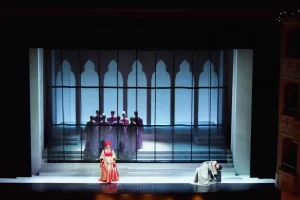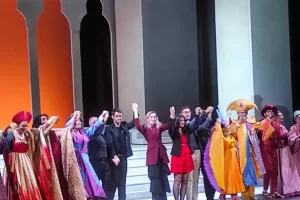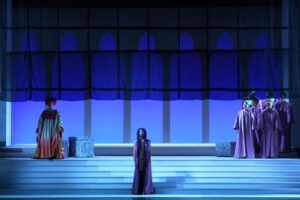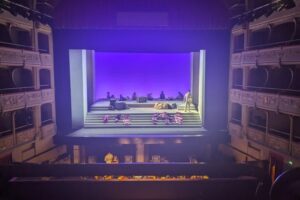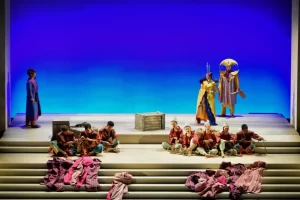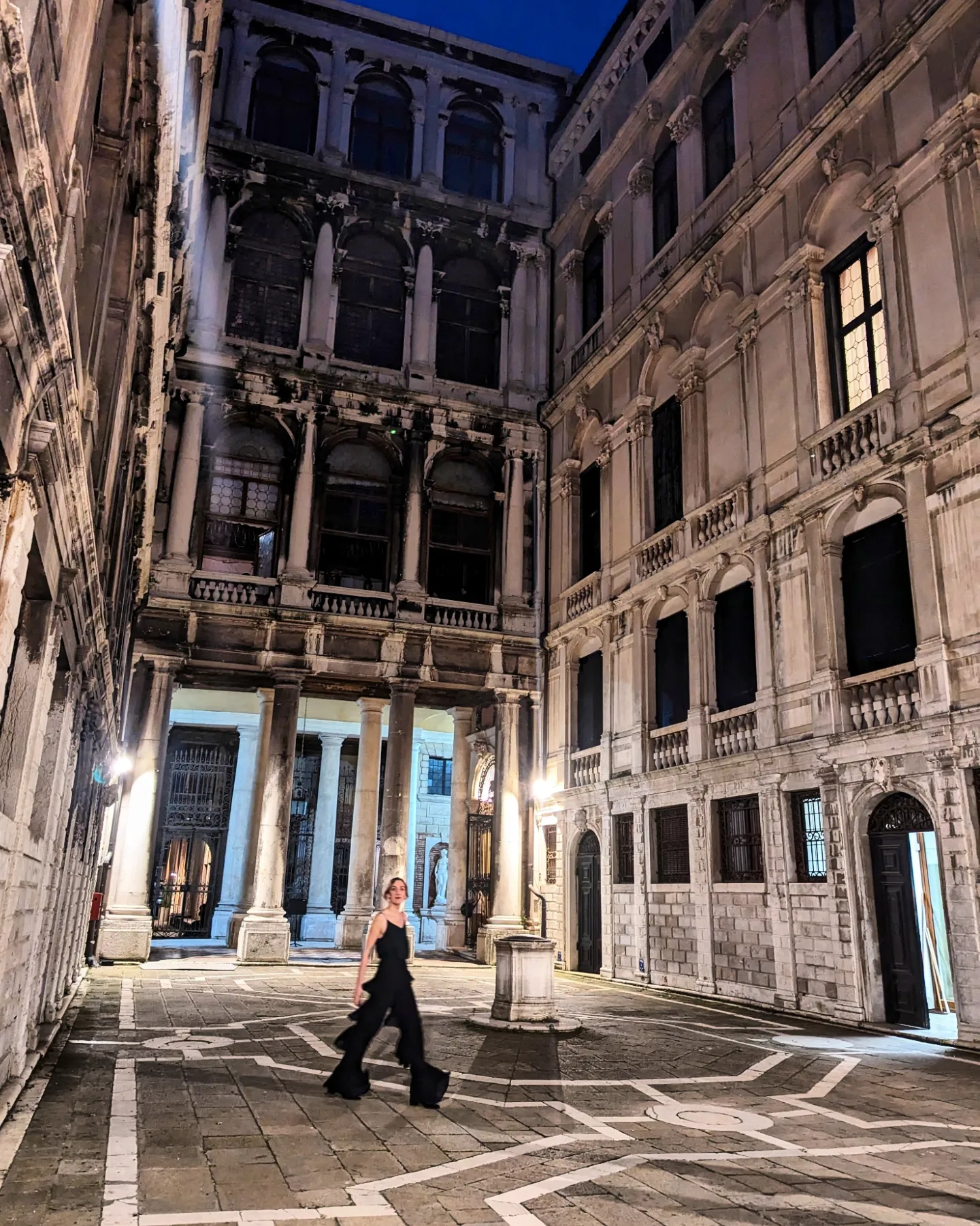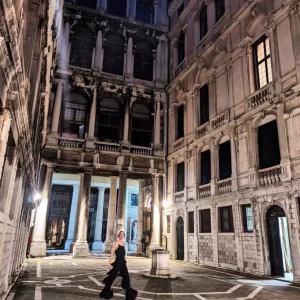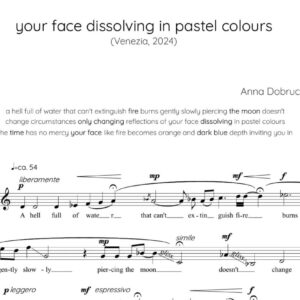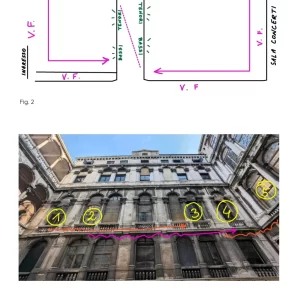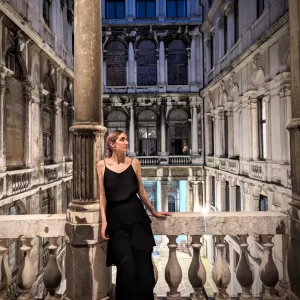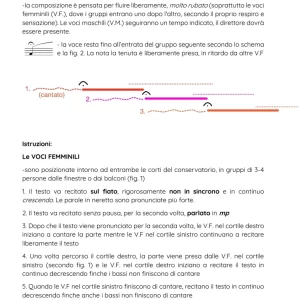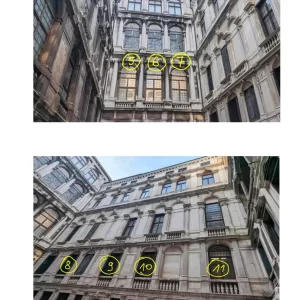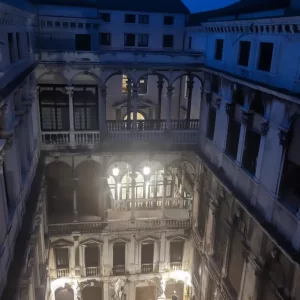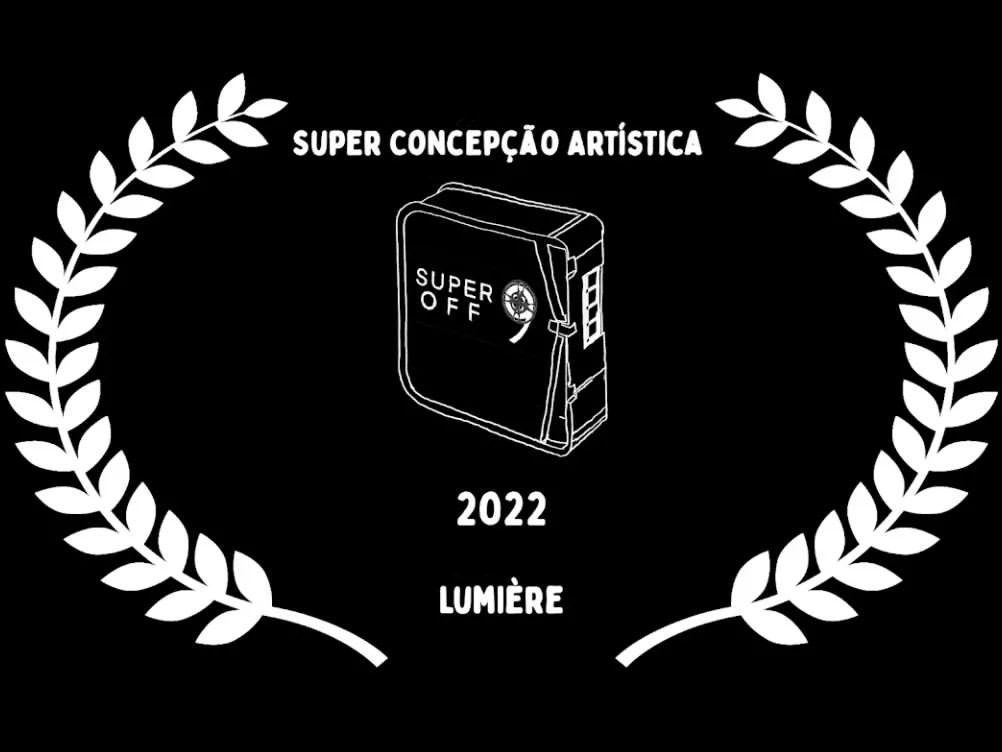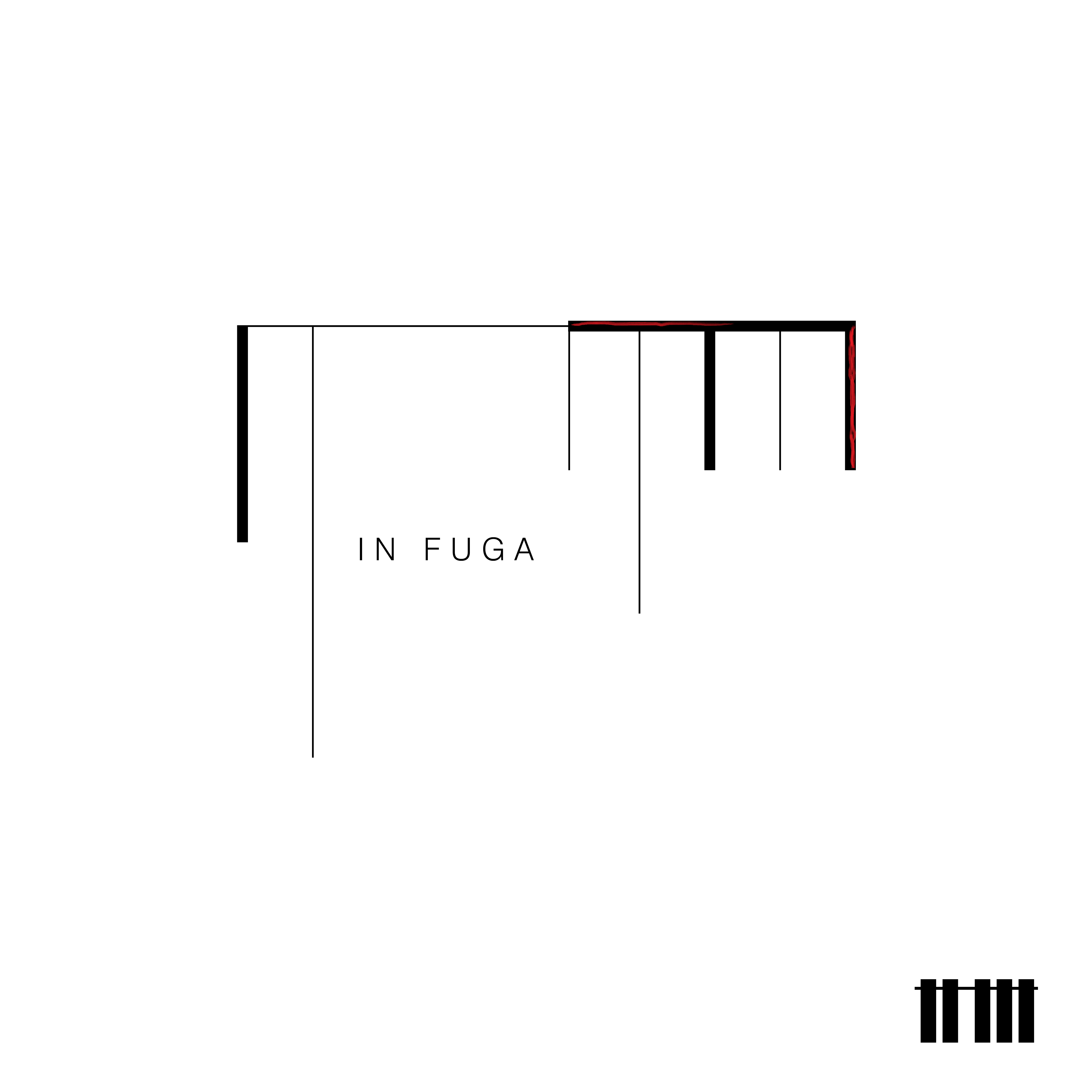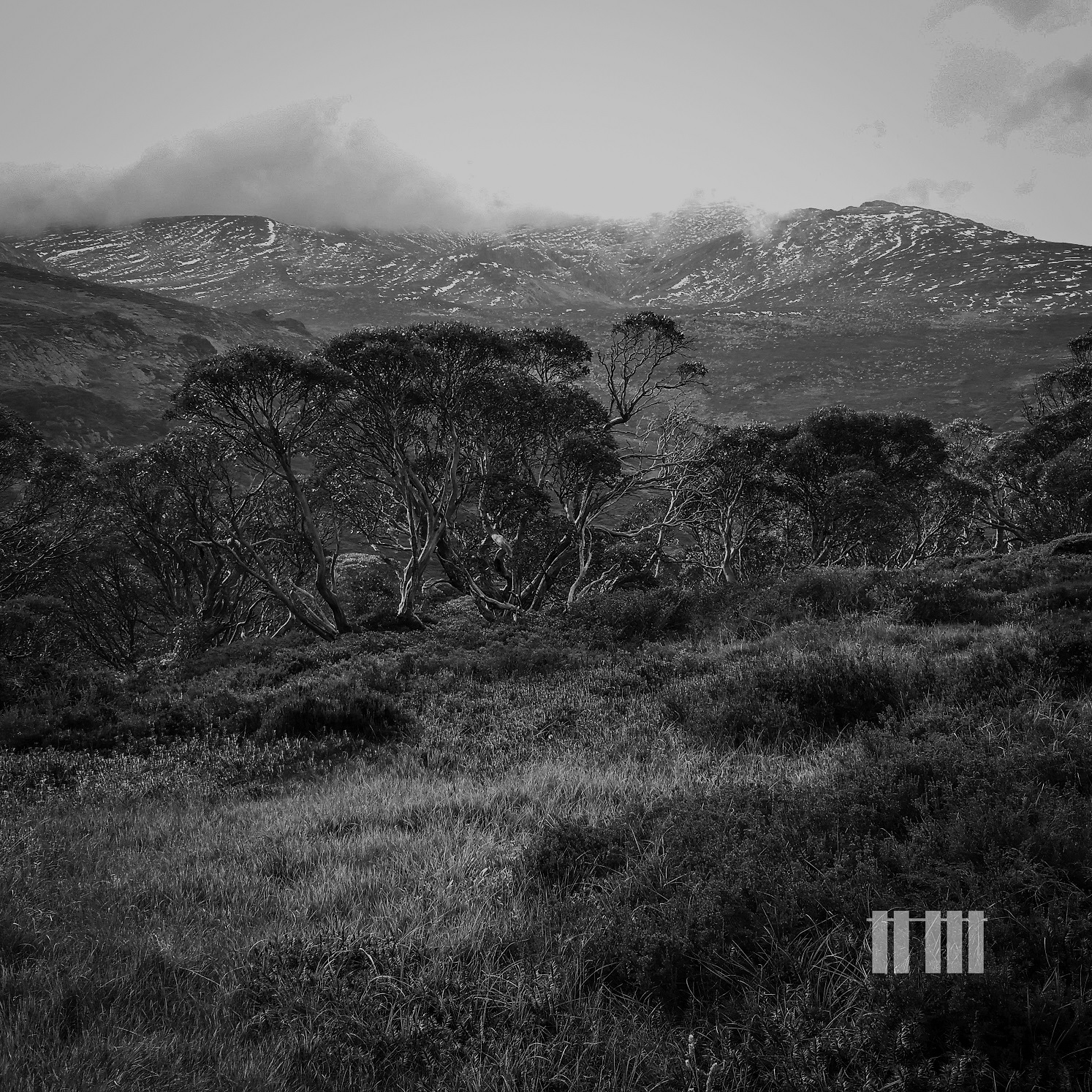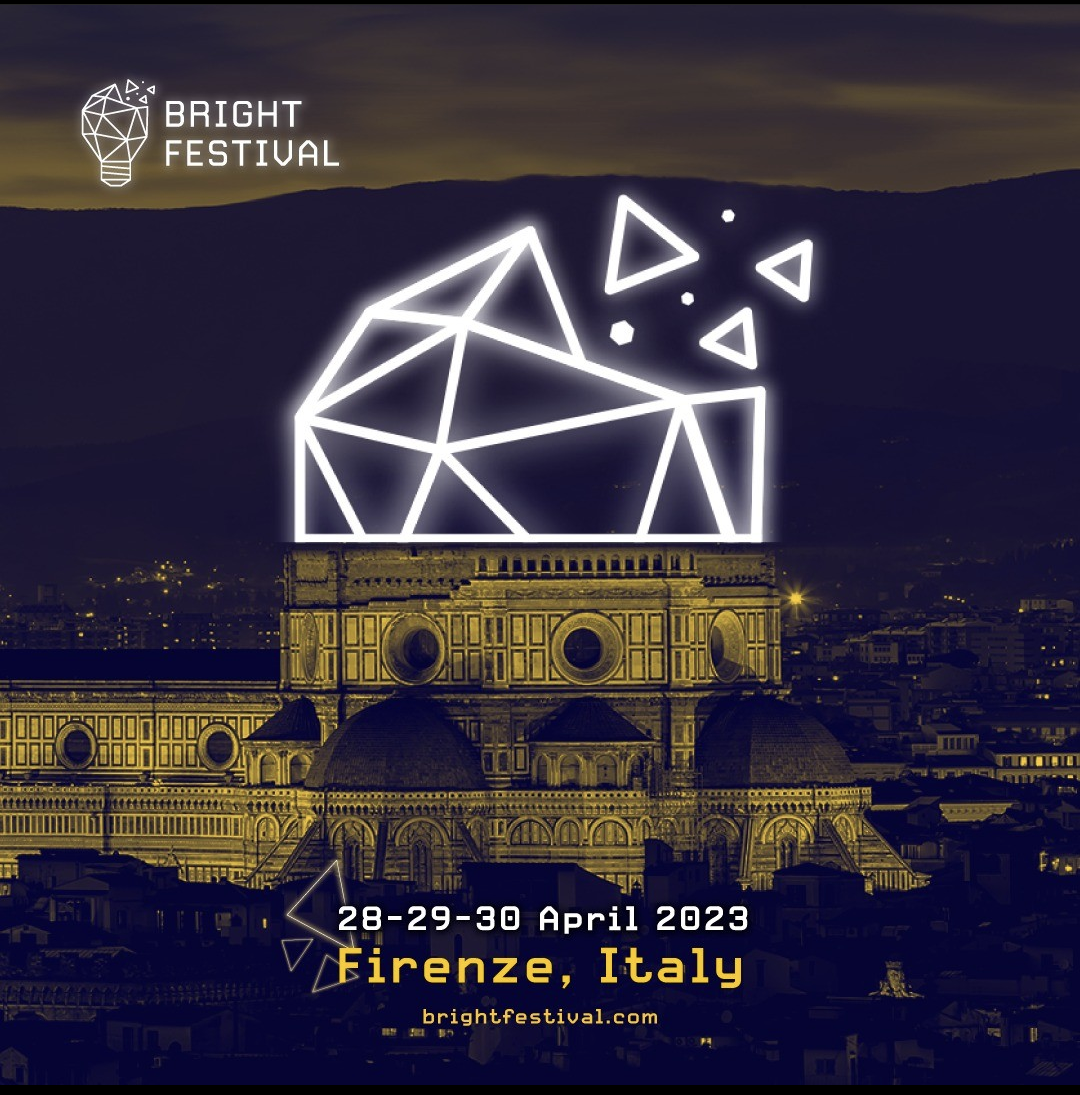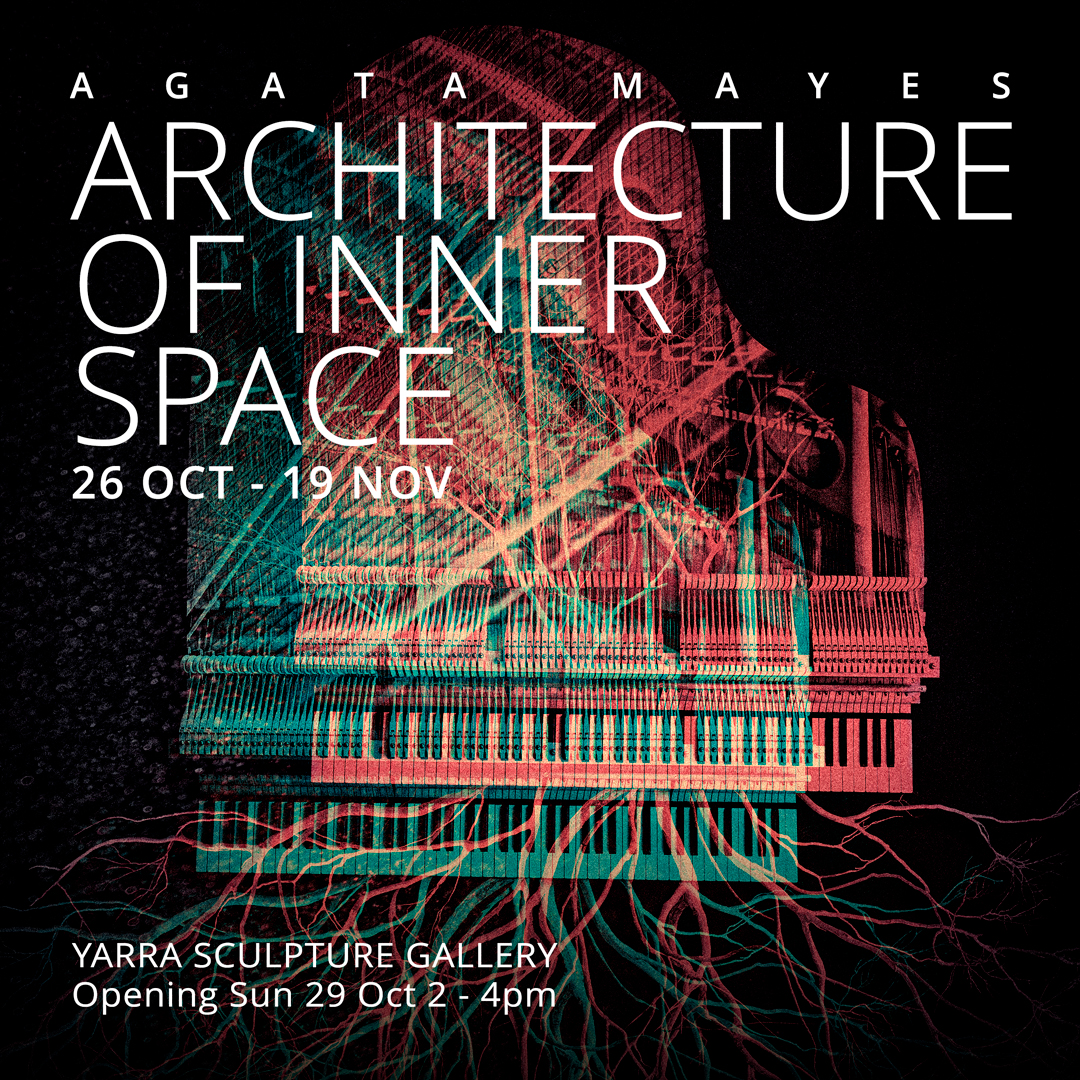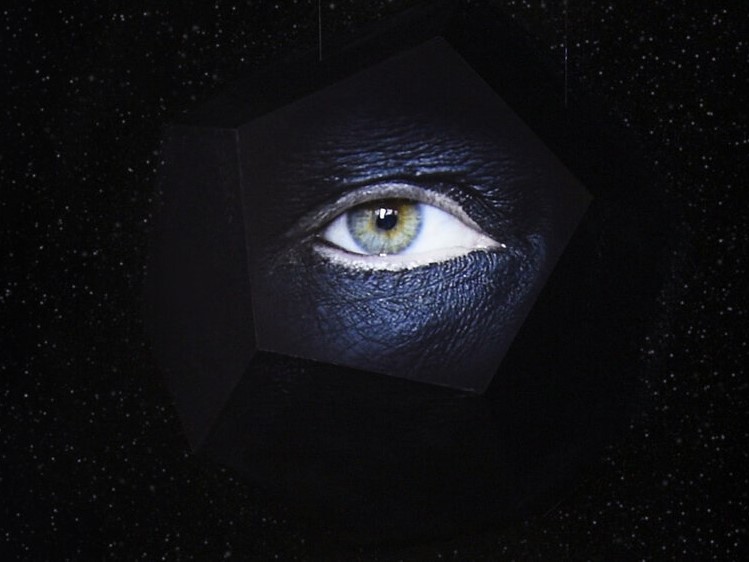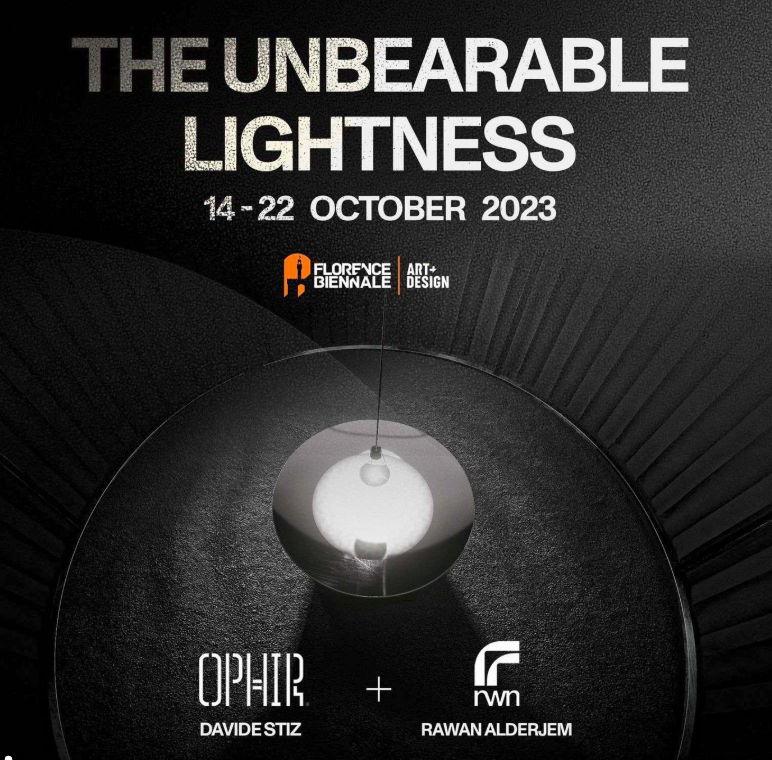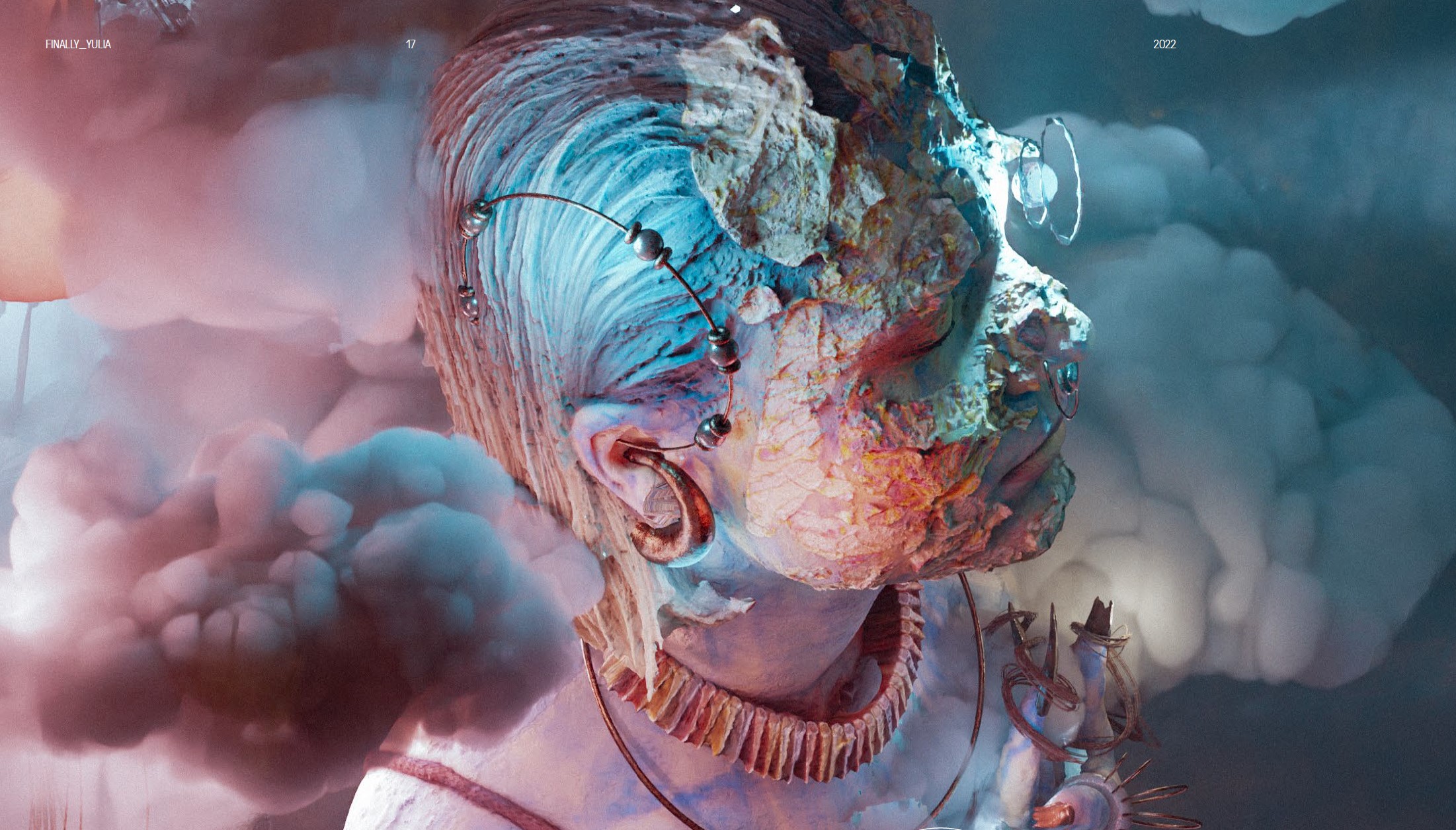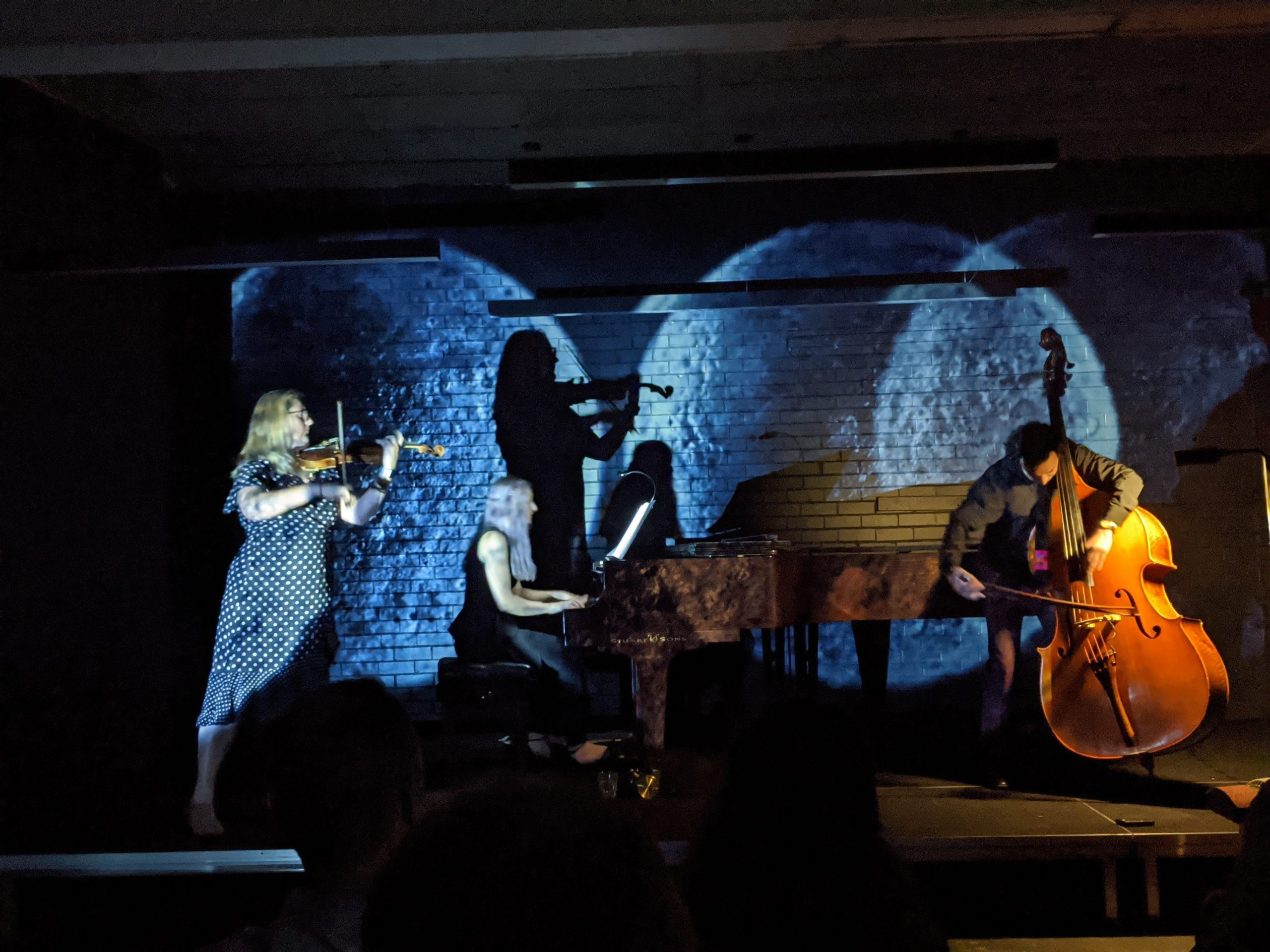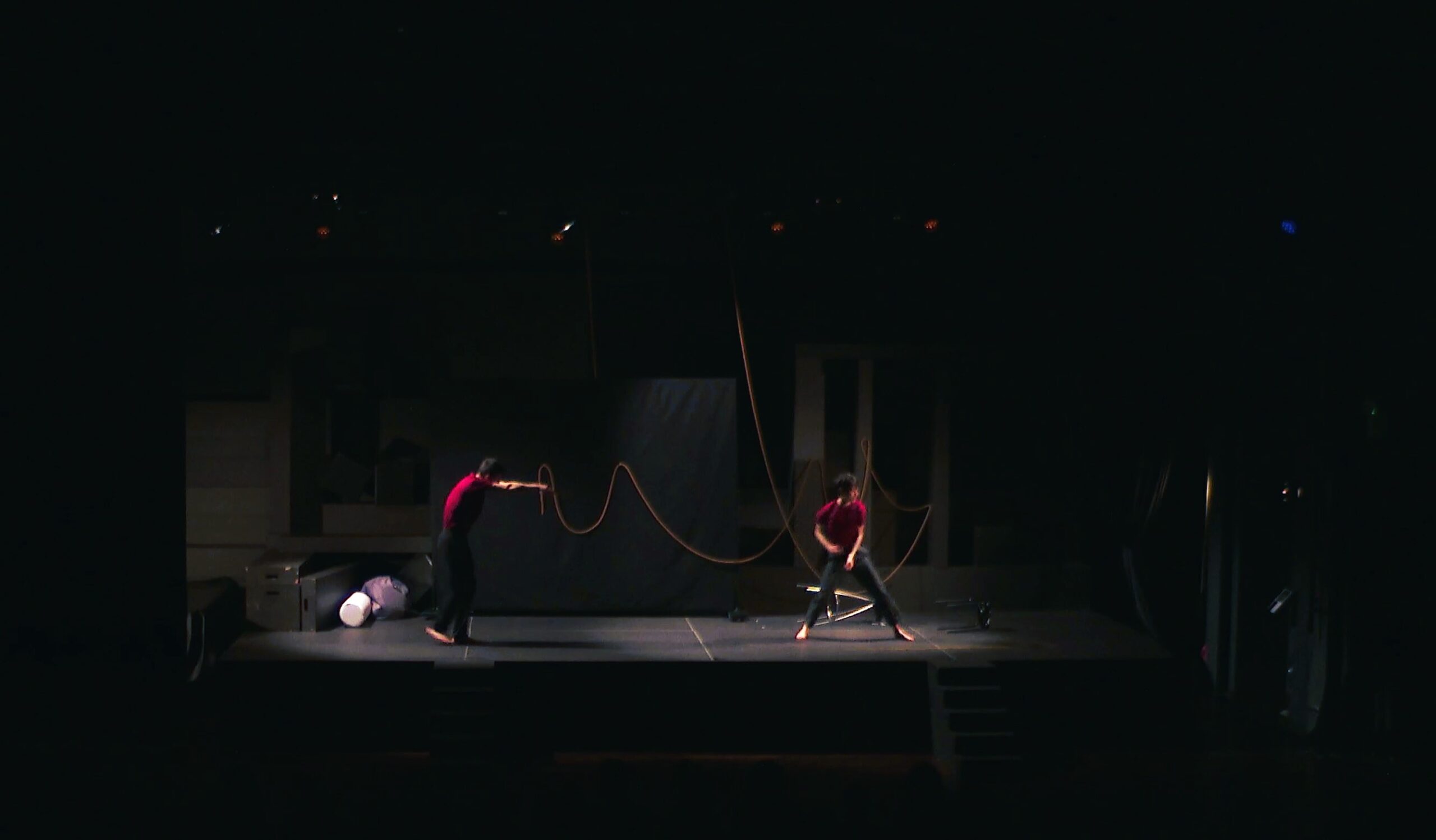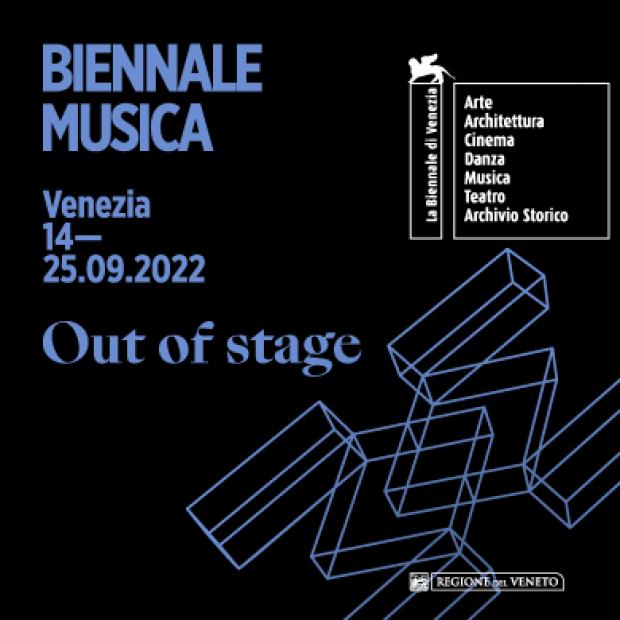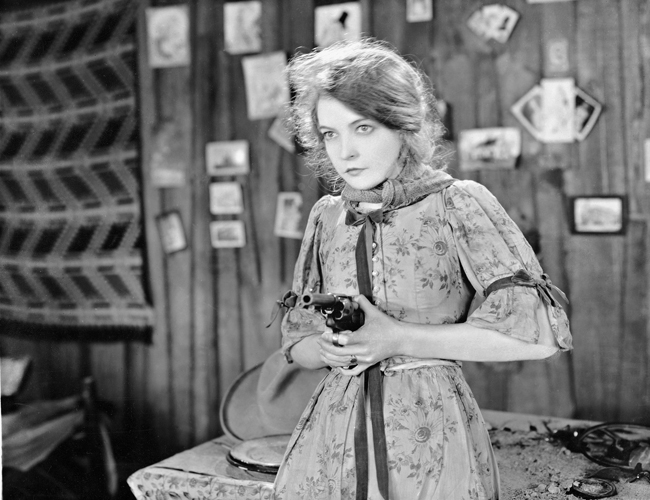Anna Dobrucka, born in Cieszyn, Poland, currently based in Venice, Italy, is a composer, pianist, painter and producer.
She began her piano studies at the age of 5, completing 12 years of full time Music School in Poland specialising in piano performance and Dalcroze method of teaching. She continued music studies at the University of Silesia in Poland and at the Conservatorio Superior in Valencia, Spain. She also holds a Master’s degree in Political Science, which allowed her to work closely with the president of the Catalan parliament in Barcelona in 2014 and do research on the transatlantic relations in the Azores Islands in 2015.
Anna continued to raise her qualifications in the Dalcroze method at the Institut Dalcroze at the Haute École de Musique in Geneva, Switzerland in 2020. She studied composition with Thomas Reiner in Melbourne, Australia and with Riccardo Vaglini at the Venice Conservatory of Music in Italy graduating with highest marks and honours. She attended masterclasses and lectures by Achim Christian Bornhöft, Yasuko Yamaguchi, Aleksander Lasoń, Stefan Hakenberg, Nicola Sani, Gabriele Manca, Giacomo Manzoni, Mauro Lanza, Henrik Hellstenius, Fabien Lévy, Helena Tulve and Francesco Filidei.
Anna is involved in a wide range of projects, including 3D art installations (XIV Florence Biennale), dance, theatre and film. She writes for soloists and ensembles (Azione Improvvisa, Kinga Wojdalska), gives concerts of piano improvisation, often accompanied by video or text projections. She participates in composer residencies and international projects (Venice Biennale Musica, Florence Biennale) and her music is performed internationally.
Her four-year sojourn in Australia exposed her to the unique sounds of traditional instruments from Japan, China and Bali, inspiring her to study their distinctive notation and collaborate with local performers.
After moving to Venice, Italy, she explored the sonic possibilities of ancient instruments such as the theorbo, antique organ and viola da gamba, as well as the use of the electric guitar in the setting of orchestra music. She co-wrote a new opera for Teatro La Fenice which was premiered in Venice and in China with the participation of the President of Italy Sergio Mattarella. Anna believes that transforming instrumental sounds and blending musical traditions open limitless possibilities for artistic discovery.
She has conducted extensive research on the process of musical recomposition. Currently, her work focuses on multilingualism in contemporary music and the musical setting of poems by the painter Marc Chagall.
In 2024-2025, Anna held the position of the Global Manager of the Amadeus Chamber Orchestra of Polish Radio.
SELECTED WORKS
MARCO POLO (2024)
OPERA in III ACTS
for orchestra, vocal octet, mass choir and 5 soloists
Commissioned by the Teatro La Fenice, Venezia
PREMIERE: 2024 April – Venice, Italy
2024 November – Huangzhou, China
your face dissolving in pastel colours (2024)
for mixed choir, site specific
A site-specific composition intended for a mixed mass choir (100 people) to be sung from the windows and balconies of the Palazzo Pisani in Venice (The Conservatory of Venice).
The single melodic line serves as the basis for this composition, created according to the specific canon-resembling indications. The female voices will make the sound travel in space – moving from one window to another – a circulating sound, while the basses and tenors will perform (from a fixed spot on the balcony) the main line in lower octaves in double and quadruple duration, sometimes in retrograde technique.
The concept for the lyrics was inspired by circular poetry, where the text can be repeated indefinitely because the ending leads back to the beginning. The singers start by whispering the lyrics in a crescendo until the basses and tenors join in. Then, the sound of the female voices begins to travel through the space as they perform the main melodic line.
Premiere: 21 June 2024
SOLSTICE (2024)
for flute/piccolo, baritone saxophone,
bassoon, baritone voice, vibraphone, violin, piano
Commissioned by Francesco Pavan for the Venice Art Night 2024
Film by Brazilian filmmaker Nicolas Candido created to illustrate the composition Lumière (2019) for piano solo. Geneva, Switzerland, 2021
Best Artistic Concept Award at the 9º Super OFF – Festival Internacional de Cinema Super 8 in São Paulo
Official Selection at the Super 8 International Film Festival in Curitiba 17th edition
RELEASES
ART INSTALLATIONS
VIDEO
COLLABORATIONS
